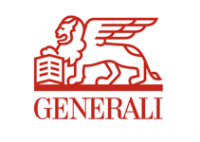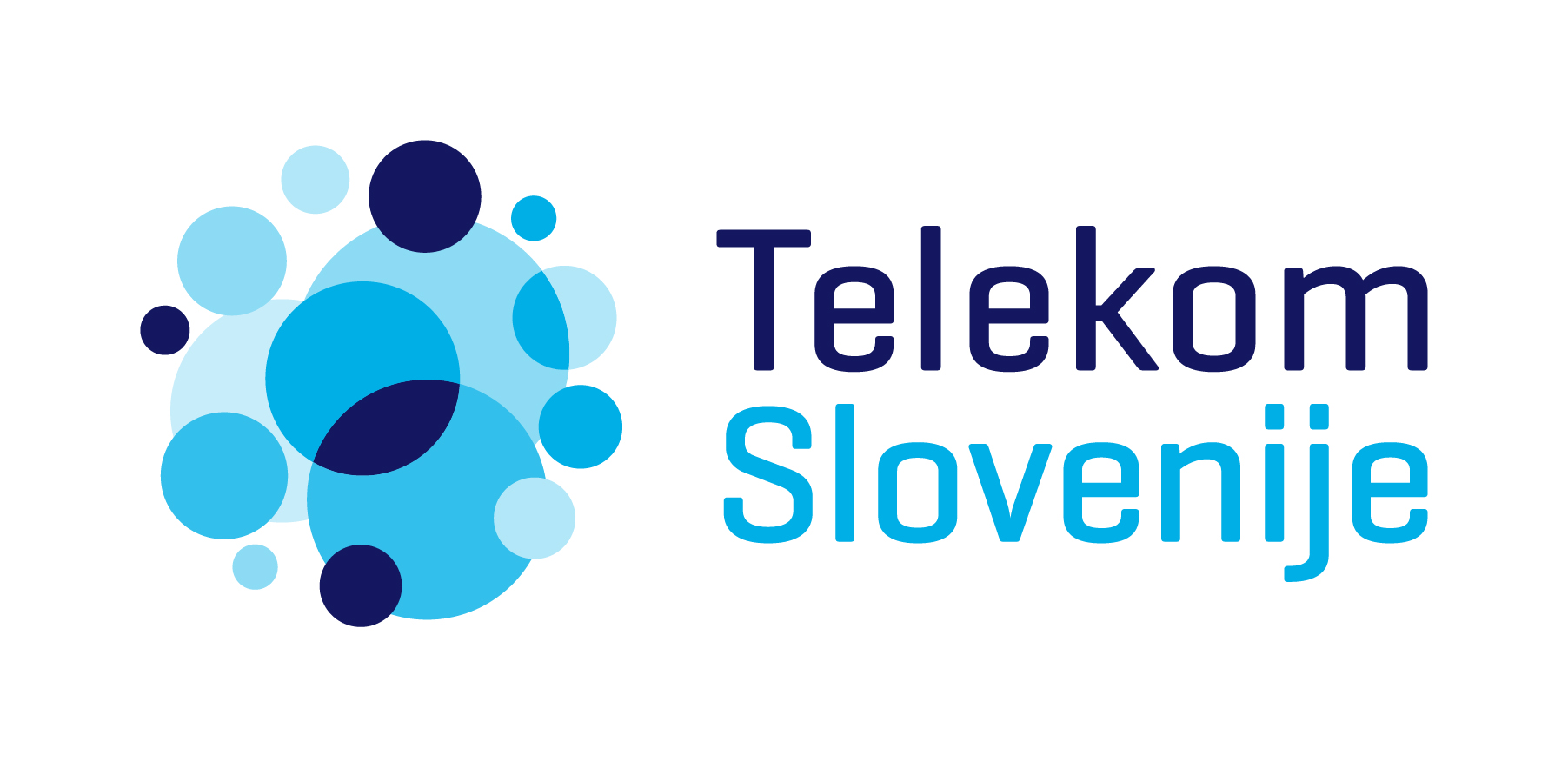At Competo’s 14th event on the Future of Work, we (Lisa Gill & Perry Timms) were asked to speak on a topic very close to our heart and our practice areas – self-managed organisations. Or for the purpose of this event: Can an Organisation Survive Without Bosses.
About responsibility
What does a boss do when some employees don’t take responsibility and slack off, while others do a lot more?
I’d like to look at why people might slack off first.
It’s possibly three reasons:
- Because they haven’t got enough stimulus to do the work – they’re just not interested enough in it even if they know they’re letting people down;
- They seem to take more pleasure in avoiding the work (which in itself, takes effort) or
- They might be incapable through overload or lacking capability/skill or
- A combination of all of these.
In self-managed systems, there are a different set of dynamics to the ‘I’m going to trick the organisation/system/boss needs: colleagues, friends and teammates.
This peer pressure has proven to be a lot more reliable a stimulus (and even guilt-inducing method) in places like HCL Technologies with their ticketing system (like a helpdesk) for non-helpful activities which are breaching agreements; or Morning Star with their Colleague Letter of Understanding (CLOU).
Social contracting is a much more powerful force and behavioural scientists will point to social pressures as a much more effective system to create compliance and action.
Working out Loud (WOL) is a principle of self-management where – in the absence of a supervisory person – the entire team provides supervision. Menlo Innovations task board is open for all to see – who is working on what and how near or far it is to being on track.
More talking about work with each other provides that commitment to deliver; and less stigma because of having a really off day, being distracted or other reason behind the ‘slacking off’. This allows people to not game the system, but to be the system. Performance and application have come into play in all environments where I’ve seen more autonomous ways of working.
So what does a boss do? They guide the team to take accountability for each other’s performance. Help where needed and call out underachievement and enter into a dialogue about why that is and put it right.
Three ingredients:
- Psychological ownership [of org, work – people care; don’t introduce self-management prematurely if this isn’t there].
- Everyone in the organisation must directly experience the outcome of their work, of their actions [everybody directly feels the pain and the pride that comes from their work].
- Norms of what’s healthy/good – We as a team have a norm of what is healthy [metaphor: temperature of my body 36-37 degrees].
- Data – We need a regular, almost ongoing stream of feedback or data [something in my body monitors my temperature] – hard data or a sense.
- Conversations – We must have spaces for conversations to share what we sense, look at the data and talk about the tension or opportunity.
- Everyone has the power to make changes [if I feel the pain of something not working, I need to be able to take action using e.g. advice process, without approval]
No one wants to take responsibility for wrong decisions – even in a traditional model. How to avoid the trap of decisions being made without taking responsibility?
Like workload allocation, decision-making that is done ‘out loud’ helps increase trust and fairer application of decisions (and somewhat de-risks things going wrong).
No-one wants to cause a bad situation so most decisions that backfire, do so because of inexperience, unknowns and risky assumptions.
Socialising decision making doesn’t have to be slower. It can be more steady but also can be sped up when it is critical.
In some ways, Menlo Innovations ‘pair working’ can be a good frame here. If decisions are to be made that feel quite serious and heavy, the person faced with the choice can consult a decision partner who may help ratify, adapt and challenge the decision for the best possible outcome. Someone who they have agreed will help them get decisions right.

If both of them feel this is a bigger issue than even their collective genius, they can consult the company, a small sub-set, a known expert or the founder of the company.
Widen Inc has a ‘power to the edge’ philosophy for decisions: Mainly that the person nearest the customer or issue (the edge) should make the decision. A 3 levels framework has been introduced to help people see what this might necessitate.
WD40’s CEO Garry Ridge has introduced a Learning Moments approach – OK a decision happened and maybe the intended outcome didn’t happen. So what have we learned? This provides psychological safety and destigmatises mistakes in favour of thoughtful innovative ways to make a decision.
What if some people want to be just managed? Be told what to do?
Whether self-management is a more natural human state or not, some people have a real affinity with the conditioned way of working where someone else takes decisions and they execute on them.
This may be learned behaviour but if people have no desire to unlearn this, we do have to think about their suitability, comfort and willingness to work in a self-managed environment.
And remember not to fix them, but more the system they operate in.
In some bossless organisations (like Next Jump) they are partnerships to replace the one-person boss but where people can still be accountable to, seek advice from and yes, control their working patterns and the like. They just aren’t called bosses, they are <insert title> partners.
Karin Tenelius (Tuff Leadership founder) talks about the highest possible level of engagement. Some people (for many different reasons, e.g. stage of their life etc.) would prefer a 9-5 job, to have an “employee” mindset. That’s ok.
15-20% people tend to leave organisations when this transition happens. Be compassionate and support those people to find a job they’ll love.
For those who don’t want to leave but are struggling, be curious. Facilitate conversations, give people training… Scottish Housing organisation Cornerstone’s triangle here: Competency, Clarity, Autonomy. Do people need more training or support? Do they lack clarity? Do they lack the freedom to act? It’s about a coaching mindset. What’s in the way for people? Be tough and empathetic.
Choice – is how we can look at this aspect. Do people choose to have more control over their working lives or is that vested in someone else to choose the way people operate in the working environment?
The new workforce comes from a traditional educational system which does not support and show how to work in such ways. Any tips on how to address that?
It is true that education systems are built from, and mostly continue to operate in mechanical, hierarchical ways.
There are examples like AIESEC, Montessori Schools and specific examples like ESBZ in Berlin; Glömstaskolen in Sweden, The Alternative University in Bucharest and a school in Zandvoort, the Netherlands where pupils help create their own curriculum, classes are of mixed ages and the like. We hear of some stories from the Finnish school system and so there are some challengers in this area, but I’d admit, way too few.

It is still incredibly rare that schools operate in alternative ways and state-controlled approaches to teaching, topics and examination boards are not fertile grounds for any change.
Which is why the workplace is an important place to help us move beyond the mechanistic and into the more humanistic ways.
I’d also recommend people look into Mindvalley in Kuala Lumpur, https://www.mindvalley.com/
Roles/responsibilities
How would you start empowering people to start reaching to others and organise them around the problem rather than their function/position? Some examples?
We would suggest some Liberating Structures (liberatingstructures.com) here like Purpose-to-Practice. Also Holacracy’s role design process perhaps.
Or the Team Canvas is also useful.
Key is granular roles, vs job descriptions.
When people step in more Agile constructs of project work, this also provides a nice way to detach from pre-ordained job descriptions and into more task and role-specific ways of operating, as a step towards self-management.
What is the difference between self-management and dispersion of responsibilities?
Maybe this is useful here from this blog: What are self-organising teams?
Leadership
Is it bossless or leaderless?
Bossless does not equal leaderless. It’s about creating leaderful organisations. It’s raising the total leadership in an organisation and allowing for dynamic hierarchies.
As Laloux says, it’s about the difference between dominator hierarchies (these we want to get rid of) and natural hierarchies (these we want to keep and encourage).
The goal is not to make everyone equal (equal in value, sure, but not in roles and contributions), the goal is that everyone gives the best they can.
Let’s not try to make everyone equally powerful. Let’s try to make everyone fully powerful.
Tech
Do you know any business intelligent app that helps you make collaborative decisions, that supports the team of teams?
Yes! Loomio allows you to make advice process and consent-based decisions, and records the discussions and outcomes for you to look back on in the future
Maptio is a tool specifically to look into how self-management could be organised and monitored.

Use of project management tools like Asana, Trello, Basecamp and Podio can also bring work to more of an open, dialogue-based set of tools, that bring more open accountability and ‘working out loud’ to the way of operating. Slack and Microsoft Teams can also create a more discussion-based and transparent way of operating to the team involved in self-managing.
Do you think that information flow will be done by AI? Or is it more just data flow because information consists also of interpretation?
AI can take human bias out of things like workload allocation and tracking and can respond to communication more intelligently with things like alerts based on keywords and context. We don’t think AI will become a catalyst for AI but be more of an aid, where specifically encoded to, help make decisions on calculations, not biased interpretations.
Highly regulated industries
How do you mix managed and self-managed type of work in highly regulated organisations (eg healthcare)?
Wellbeing Teams is a good example of this – they were recently accredited by the Care Quality Commission that regulates healthcare in the UK (the first self-managing org to be accredited) and got an outstanding result.
They have worked in partnership with the commissioning and accrediting bodies to creatively adapt some of the regulatory requirements e.g. they have no supervision, but they have weekly Confirmation Practices that are peer-led with the support of a coach (you can read more about it HERE)
Process
How long does the process of becoming bossless usually take for a medium-sized organisation?
We believe it depends on the nature of the work but a guide would be around 2 years at least (e.g. Cornerstone’s 3-year transformation pilot from traditional to self-managed) to fully transition.
Again, using Agile techniques has seen the foundations take hold in around 6 months. To more self-directed, autonomous working even in local government, healthcare and charities. Results should be seen in that first 6-12 months and then it’s more about the intricacies of things like financial decisions and other key resourcing elements like recruiting to a self-managed team.

It seems that bossless concept works for established companies. What about starting? Would Gates or Tesla be able to create their empire using these concepts?
Where we are talking about creating an empire, then perhaps this would be how many people view Google’s rise to power based on 20% autonomy, socialising the work and innovation concepts and similarly Spotify.
Microsoft recently bought out GitHub – a notoriously self-directed platform of coders and developers with no true leadership structure. The larger companies go the more the controls seem to rule but there are exceptions like Buurtzorg’s 15,000 nurses or Haier’s 87,000 people.
Would Microsoft have scaled were they self-managed? In the 1980s, doubtful. Now? Who knows.
10 years ago, I was using Microsoft Explorer. Now I’m struggling to get away from Chrome to Ecosia because it’s that integrated to my use of a computer.
Tesla is probably an Elon Musk creation too strongly identified with him for it to be a self-directed environment. Innovation in Musk’s empires may be a different story but we suspect it’s heavily controlled.
It is a cultural fact that Slovene people tend to complain. We offered coaching support, feedback, purpose, but people just find it new ager-ish and refuse it. How to proceed?
We took two questions on the day (as we had SO much to share about this area) one of which was about Slovenian culture and heritage and self-management – where accountability, fair distribution and equity of contribution – was something that many people were used to; but at scale and with more efficiency and management practices, moving to this could be harder or it could be culturally sensitive and consider a retrospective step.
We think that such complaints are indicators of greater unrest that the topic of the moan, or a values mismatch that needs resolving.
Self-Management gives people fewer places to hide and to pin the blame on others.
So this may make people feel vulnerable and they’ll blame other things, self-management may even be that thing.
Yet there is a chance to allow people to surface what’s really going on with them. What is really behind their unrest and find a way to use that tension to create something better, more fulfilling, influential and more advantageous to them.
With coaching support, people have to believe in it, want it and understand it.
What, if they don’t want to use what’s on offer, would be helpful?
I recall a very high-performing team of people were resisting doing an engagement survey and so instead of ignoring it or inflicting one, the company said ‘OK, if we were to do an engagement survey with a difference this year, what would it be like and contain?’ The workforce then constructed something which pretty much answered what a survey should, so that was all that was needed.
Self-managed engagement surveys can become self-managed, self-created help systems.
Ultimately, talk to people at a deeper level – what’s REALLY behind what they are saying and doing and how can self-management help them overcome those issues. Call their bluff (as we say in card-playing) on what they really want to do to help themselves.
Lisa Gill, Tuff leadership consultant and founder of Reimaginaire, Key-note speaker at 14th Competo event
Perry Timms, Founder and Chief Energy Officer – PTHR, Key-note speaker at 14th Competo event
Lisa Gill is a consultant with Tuff Leadership Training, which trains leaders in the mindset and abilities needed for more self-managing teams, and the founder of Reimaginaire. She also hosts a podcast about self-management and leadership called Leadermorphosis and is an award-winning author. She’s also a key note speaker at 14th Competo event. You can find Lisa online at www.reimaginaire.com or on Twitter (@disruptandlearn) and her blog Medium.com/@Reimaginaire
Perry Timms is a global & TEDx speaker and consultant on the future of work, HR & learning which was recognised by his inclusion on HR’s Most Influential Thinkers List for 2017 and 2018. Perry’s first book “Transformational HR” has already become an Amazon.com Top 30 HR seller and ‘The Energised Workplace’ is due to publish in April 2020. You can find Perry online at www.pthr.co.uk or on Twitter (@perrytimms), YouTube and his blog Medium.com/@PerryTimms
Kateri so top karierni premiki v Sloveniji? Kaj se dogaja na področju iskanja talentov? Kako učinkovito voditi, sodelovati in komunicirati? Kako graditi dobre odnose in razvijati kompetence? Kako ponotranjiti agilni način razmišljanja? Prijavite se na Competo e-novice in bodite v stiku z aktualnim HR dogajanjem.


